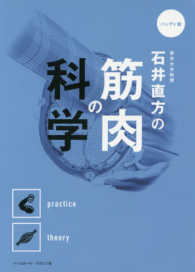Full Description
Every day, we are exposed
to evidence of hundreds of war crimes: residential buildings bombed and burning
in Ukraine, merciless shootings in Gaza despite a so-called ceasefire,
civilians beaten and starved by armies in Sudan and a mounting number of aid workers
and journalists murdered by soldiers. The evidence proves guilt beyond
reasonable doubt, but we know there will be few, if any, prosecutions.
In this powerful book,
distinguished human rights lawyer Geoffrey Robertson exposes the 'fraud' that
is international humanitarian law. Drawing on his experience as a UN war crimes
judge, he considers some of the most pressing legal issues of our time, including
torture, nuclear weapons, drone warfare and the fallacy of 'anticipatory
self-defence'. In the face of such threats, and with an impotent Security
Council neutered by the world's most powerful aggressors, modern democracies
are increasingly vulnerable to conflict and invasion.
Most importantly in an
age of amoral warlords like Vladimir Putin, Benjamin Netanyahu and Donald
Trump, the book warns that we are losing sight of Nuremberg's legacy: that
there can be no peace without justice. This authoritative and deeply humane
work is both a rallying defence of moral law and a resounding condemnation of
those who defy it.








